This past summer I was awarded an Undergraduate Research Grant (URGE) to work on my senior Honors capstone project, “Enduring Artifacts of Slavery: The Deletion …
Archives for October 2021
Erin James: Summer Camp Counselor
Back in May, I began an internship with my church, First Southern Baptist Church in Bryant, Arkansas. I worked with the youth ministry alongside the youth …
Gavin Epperson: Cerner Summer Software Internship
Anyone else feel really unprepared for a full time job? This summer, I was given the opportunity to work full time for ten weeks at Cerner, a healthcare IT …
[Read more...] about Gavin Epperson: Cerner Summer Software Internship






